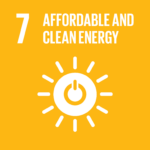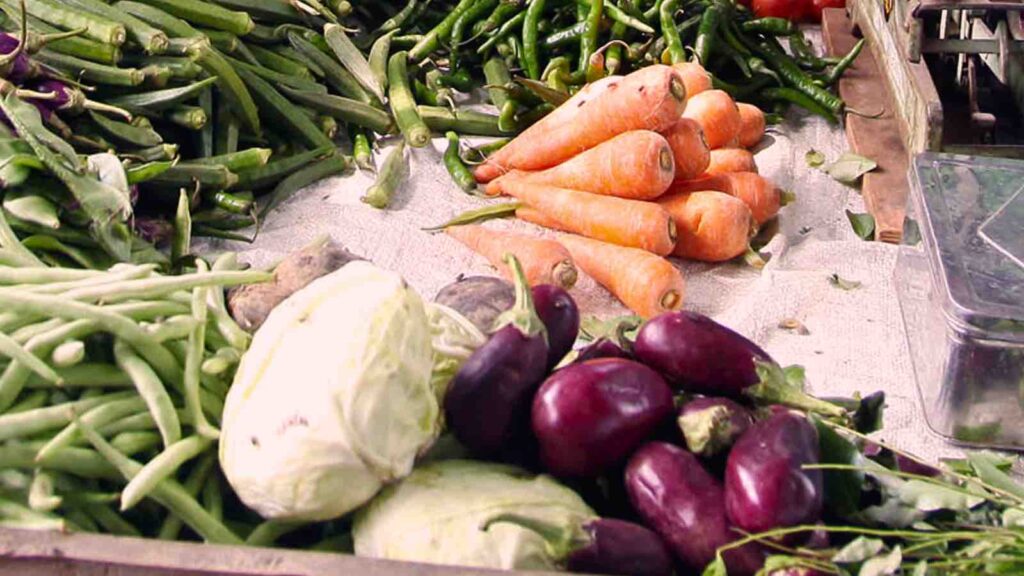The tonnes of vegetable waste previously destined for landfills now find a new purpose. Every gram of vegetable, fruit, and flower waste collected is skilfully converted into electricity and biofuel.
In a remarkable display of sustainability, Hyderabad’s Bowenpally Market, also known as the Dr BR Ambedkar Vegetable Market, has become a shining example of harnessing the power of organic waste. With nearly 10 tonnes of vegetable waste generated daily, this bustling market has transformed its waste into a source of renewable energy. The result? Biofuel and electricity that illuminate the market’s vibrant kitchen and bustling stalls.
RELEVANT SUSTAINABLE GOALS



From Rotting Vegetables to Electricity
Through the process of biogas conversion, the market’s waste is transformed into a sustainable energy source. The plant successfully generates approximately 500 units of electricity and 30 kg of biofuel each day. This surplus of energy powers vital infrastructure, including the administrative building, water supply network, over 100 streetlights, and a total of 170 shops. Furthermore, the biofuel produced is put to efficient use in the canteen kitchen, creating a closed-loop system that minimizes waste.
With such impressive results, the market is reaping significant benefits. Reports indicate that the electricity savings alone amount to a remarkable Rs 2.5 lakh per month. This not only highlights the environmental advantages of this innovative solution but also underscores the positive economic impact it brings to the market’s stakeholders.
The installation of this groundbreaking system was made possible by Hyderabad-based Ahuja Engineering Services Pvt Ltd in 2020. The technology itself was developed by the Indian Institute of Chemical Technology, a prestigious government research center also situated in Hyderabad. This collaboration demonstrates the power of public-private partnerships in driving sustainable practices and fostering eco-conscious solutions.
The Inner Workings of a Remarkable System
Waste collected from various sections of the market is diligently gathered by a dedicated team contracted for this purpose. Once transported to the plant, the waste undergoes a series of processes. Initially, it is shredded and submerged in a “Feed Preparation Tank” to form a slurry, which then enters the bio-methanation process.
The resultant biogas is stored in separate tanks and supplied to a generator that powers crucial components of the market’s infrastructure, such as water pumps, lights, and cold storage rooms. By effectively utilizing every step of the waste-to-energy conversion process, the Bowenpally Market has emerged as a beacon of sustainability and a role model for other communities seeking eco-friendly solutions.
The success of this initiative not only demonstrates the potential of renewable energy but also showcases the transformative power of waste management. By viewing waste as a valuable resource, Hyderabad’s Bowenpally Market has turned a previously overlooked problem into a sustainable solution. This remarkable feat highlights the possibilities that emerge when innovative technology, environmental consciousness, and public-private collaboration intersect, inspiring us all to rethink how we can contribute to a greener and more sustainable future.
You may also be interested in :
Confronting Textile Waste Problem With Pable Indonesia


